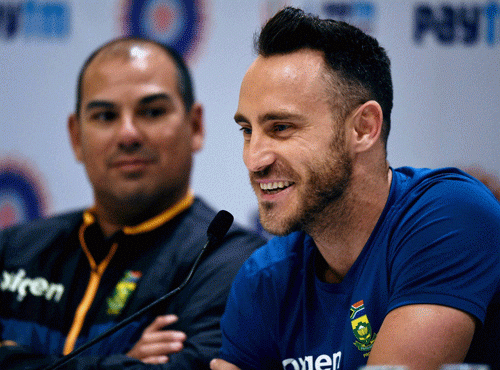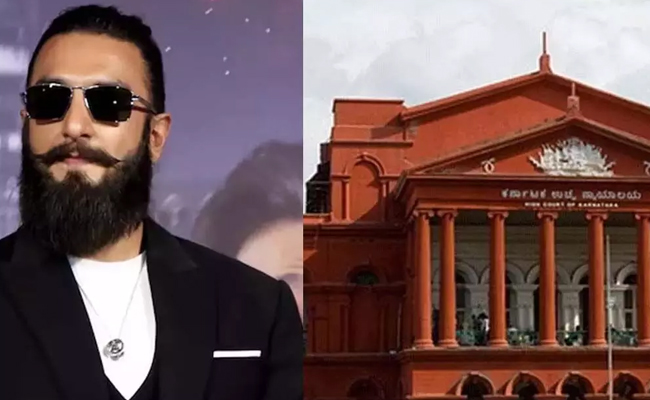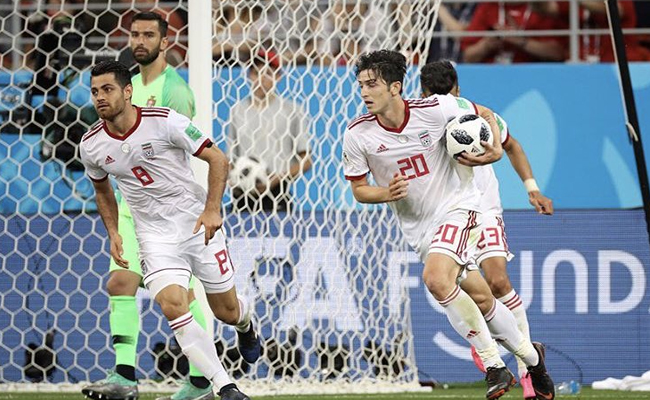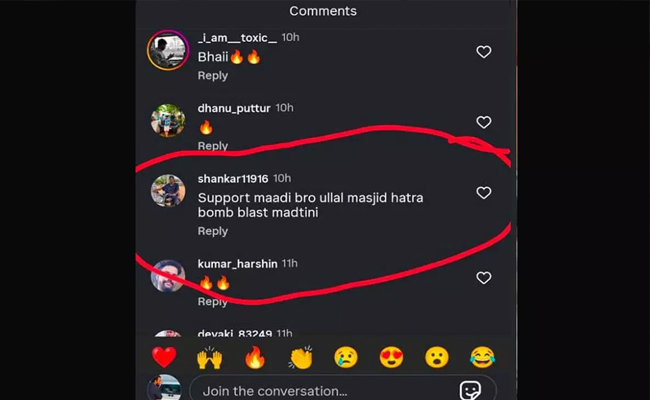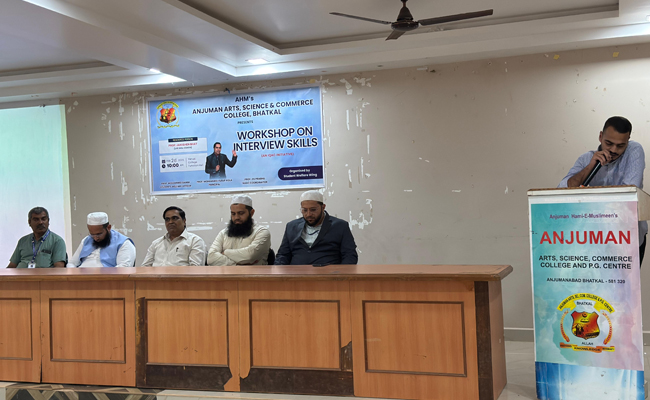Johannesburg, Feb 17: Former South Africa captain Faf du Plessis on Wednesday announced his retirement from Test cricket to focus on the shorter formats with T20 being his priority.
The 36-year-old made the announcement through a statement on his instagram page.
"It has been a year of refinement in the fire for us all. Uncertain were the times but they brought clarity for me in many aspects. My heart is clear and time is right to walk into a new chapter," du Plessis posted.
"It has been an honour to play for my country in all formats of the game but the time has come for me to retire from Test cricket."
Du Plessis said his focus now shifts to T20 cricket but ODIs will also remain a part of his plans.
"The next two years are ICC T20 World Cup years. Because of this my focus is shifting to this format and I want to play as much of it as possible around the world so that I can be the best player I can possibly be.
"I strongly believe I have a lot to offer to the Proteas in this format. This does mean that ODI cricket is no longer in the plans, I am just making T20 cricket priority in the short-term," he said.
Du Plessis played 69 Tests, scoring 4163 runs at an average of 40.02 including 10 hundreds and 21 fifties.
He stepped down as South Africa's Test and T20 captain last year after taking over from the charismatic A B de Villiers back in 2016.
"If someone had told me 15 years ago, that I would play 69 Test matches for South Africa and captain the side, I wouldn't have believed them."
"I stand in a place of utmost gratitude for a Test career full of blessings bestowed on me. Every high and low has shaped me into the man I am proud to stand up as today," he added.
Du Plessis had wanted to say goodbye to the longest format after the home series against Australia scheduled later this month but it has now been postponed indefinitely due to the COVID-19 pandemic.
View this post on Instagram
Let the Truth be known. If you read VB and like VB, please be a VB Supporter and Help us deliver the Truth to one and all.
Bengaluru (PTI): The Karnataka High Court on Monday extended the interim relief given to Bollywood actor Ranveer Singh till March 9, in a case related to mimicking a character from the movie, 'Kantara Chapter-1', and allegedly mocking a deity.
The actor had approached the High Court seeking the quashing of the FIR against him for mimicking Rishab Shetty's role as 'Chavunda' deity in the movie.
While mimicking, Singh had called the deity a "ghost". The actor was asked to appear before the court in person on Monday.
Appearing on behalf of the actor, his counsel Sajjan Poovayya said Singh was stuck in London and was unable to reach Bengaluru due to the conflict in West Asia.
The complainant, who is a lawyer, alleged that his religious sentiments were hurt by calling the deity a ghost. On the directions of a local Court, the police registered a case against the actor.
The High Court on February 24 granted interim relief to the actor with directions to the police not to take any coercive steps against him.

